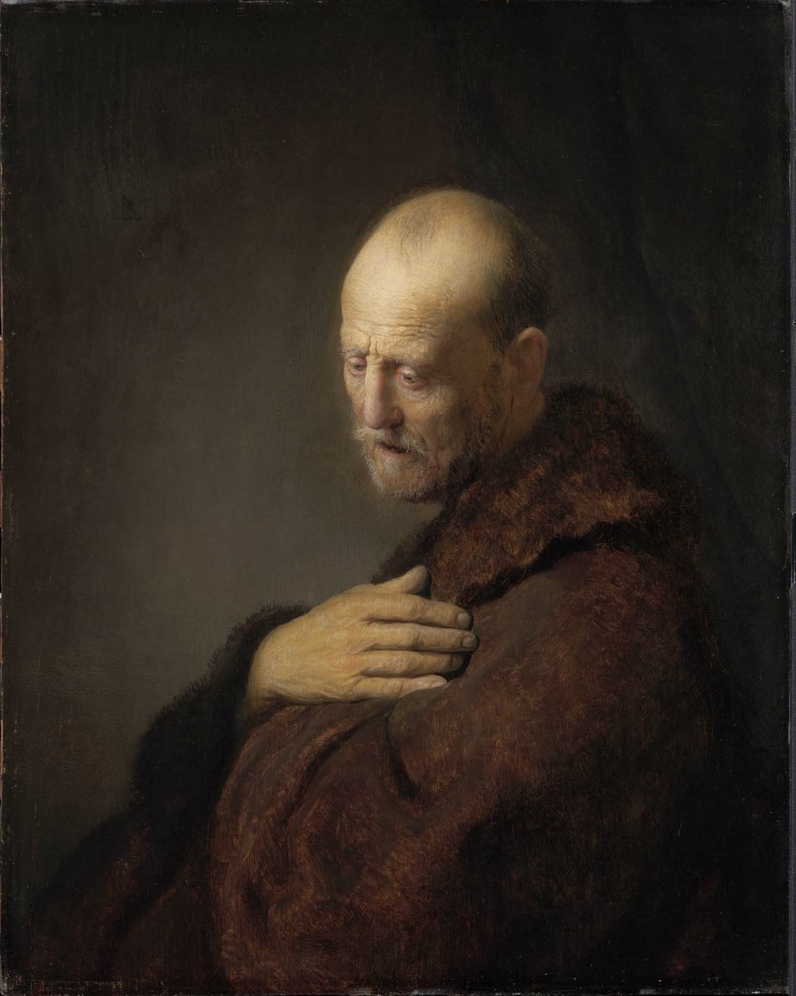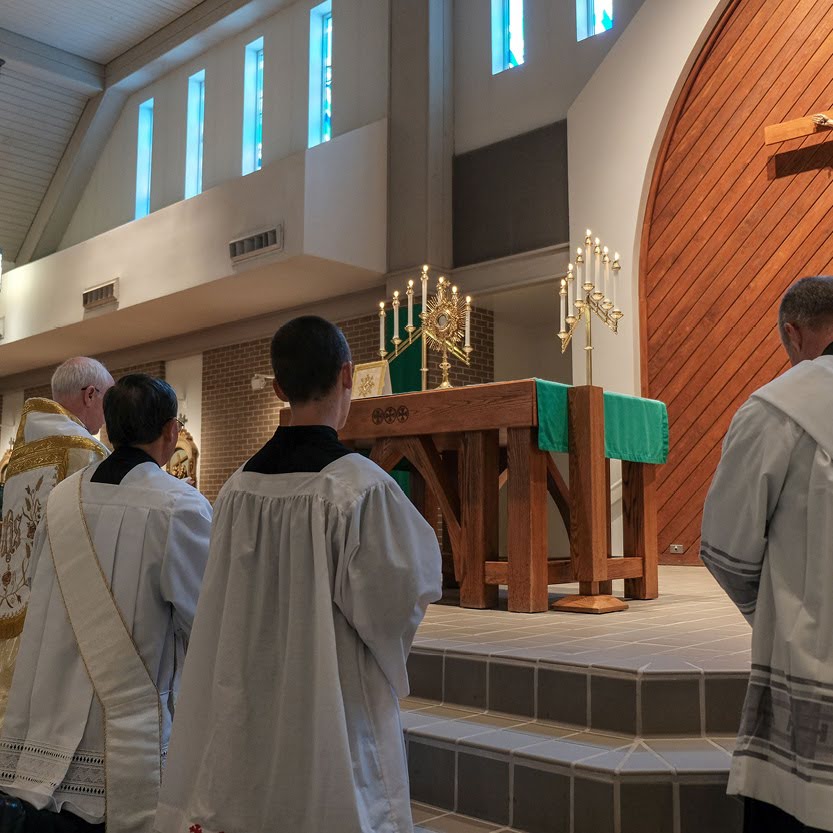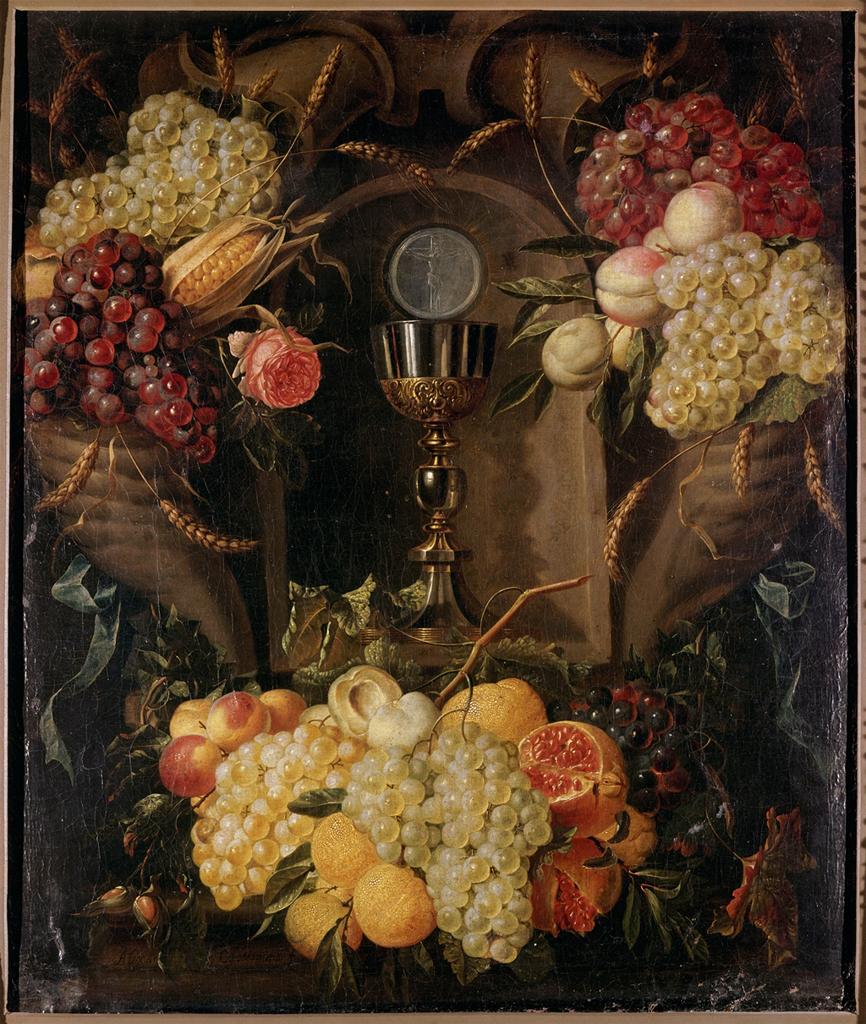“Is not our life a continuous succession of the mercies and charities of God, and at the same time, an incessant display of ingratitude on our part?”
-Dr. Dietrich von Hildebrand
In the final section of the TAN classic The Spiritual Exercises of St. Ignatius of Loyola, the author sets the stage by asking retreatants to be grateful.
Gratitude and thankfulness are a key component of the month-long program of meditations found in this perennial book, a gem that belongs on every Catholic shelf – a work by a saint that is both eminently practical and highly recommended.
The exercises include advice, prayers, and contemplative practices that aim to help the Christian faithful become more fully alive while seeking God in the ordinary life.
Gratitude According to St. Ignatius
In the section on the contemplation toward divine love, St. Ignatius encourages the Christian retreatant to be grateful for having an eternal soul, for redemption by Christ, and for being led by the Holy Spirit toward salvation.
The saint explains why gratitude is so important to the Christian soul. He shows with clarity that it helps the soul to recognize divine love and to move forward to embrace it.
Ever a master of human psychology, St. Ignatius recognizes that unhappy people are generally so because they are not grateful – all too often they take life for granted, while seeing nothing as favor or blessing. Jealous and resentful people tend to focus on what they do not have. This holds them behind in their spiritual and human progress.
Conversely, grateful people tend to move in the opposite direction, recognizing how fortunate they are, knowing that at the end of the day things could be far worse. Gratitude is a first step. The Christian soul is meant to feel blessed and happy (after all, the Latin word beatus translates into both “blessed” and “happy”).
The correlation between gratitude and happiness – what we call thanksgiving – helps to explain why so many people find themselves unhappy. We live in an age today when everyone has everything, and yet no one is happy. So many intelligent, gifted, respected, privileged and wealthy people find themselves in a miserable state.
Gratitude as Prayer
One way Christians can respond to the innumerable blessings of faith is by expressing gratitude in prayer. After all, of the four types of prayer: adoration, contrition, petition, and thanksgiving, gratitude is one of the foundational aspects of prayer to cultivate the interior life of the Christian soul.
This can manifest itself as gratitude for a grace or blessing, for some highlight of God’s creation, for work, family, or any such positive benefit that comes to mind. On Thanksgiving Day we are reminded of our many blessings and struck by how fortunate we are to have so much, including a plentiful harvest, and the freedoms that have been given to us.
Most especially we have reason to be grateful for our faith, our Christian formation, our upbringing in the Church, our families, our birthright as sons and daughters of the Kingdom of God, our baptismal right and the sacramental life.
Once we pray in thanksgiving and make a daily prayer of gratitude, the floodgates are open and interior transformation seems to come in an easier fashion as we seek out and recognize the countless blessings received but by the grace of God. This is especially helpful during times of suffering and loss.
St. Ignatius recommends gratitude in prayer for many aspects of life, including personal blessings and graces received that may be hidden or revealed. He recommends for the Christian soul to contemplate the dolorous passion of Christ while expressing gratitude to Christ for His complete gift of self.
Gratitude as Love
God has protected, inspired and guided every Christian soul toward friends and opportunities, and leads these souls on the way to faith and salvation. And why does St. Ignatius attribute so much importance to gratitude? In short, because gratitude is the foundation for the recognition of blessing. Ultimately, this is the recognition of love, the foundation of the interior life.
Christian faithful who are grateful will naturally grow in love and faith, as people with a heart for others and for the Kingdom of God. The opposite spells regression.
Grateful people know that Christ loves them, forgives them, and wants to be merciful to them. Their gratitude is a vehicle toward eternal joy and the love of God. They know that God desires to help individuals, redeeming and healing what humans are powerless to do themselves.
Sometimes it takes time for blessings to manifest. Patience is necessary and the more grateful a person is, the more they will likely see the hand of God and give glory to Him in His mercies and grown in love over time.
For St. Ignatius, even our struggles and pains have been lessened through divine intervention. Everyone has their cross, each is unique to the individual, but God’s grace is sufficient.
Gratitude on Thanksgiving
On Thanksgiving Day, the Christian populace of the United States reflects upon all the daily blessings that we have received from above. We cannot fully contemplate these many blessings in a lifetime, let alone on a thirty-day silent Ignatian retreat.
And so how to be grateful on Thanksgiving Day? Despite a myriad of lifelong difficulties and challenges, St. Ignatius would suggest the faithful be grateful for things that are manifestly positive, beginning with the blessings of the day – the beauty of life and of the natural world all around us, and the love manifested by God in our lives. God desires man to be thankful and He created him for bliss.
Thanksgiving presents itself as an opportunity for spiritual reckoning. Showing what might we be grateful for when we make our particular examen, taking a sober look at our lives in light of transformation in Christ. God is in control. God has spared me. He has endowed me with an intellect and will to know and love Him. His mysteries, which I did not merit or earn, are an immeasurable blessing.
Gratitude can become a habit. Despite all the things that can impinge on our gratitude, it is a grace that can be asked for in prayer. Inasmuch as it results in a mitigation of mental and spiritual pain, of the suffering caused by want, the effect of the habit of gratitude deserves to be considered a happy and liberating influence that is one of the greatest blessings in the lives of Christian men and women.
God forbid the Christian should grow too accustomed to the blessings received and cease to appreciate them in any adequate degree.
And even though we sing in gratitude for the countless inconceivable gifts received, how many particular mercies we still forget. Therefore, we must call to mind in prayer on all occasions how great the gifts are that we enjoy, recalling what our situation was like before and what a wretched state we would find ourselves in, if it were ever withdrawn from us.
Therefore, let us rejoice and be thankful — a Happy Thanksgiving to all!






